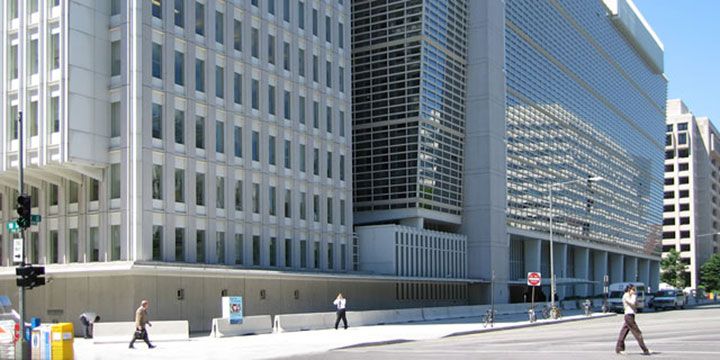
“Tackling climate change would grow global economy, World Bank says” read the headline of an article on The Guardian.
I stared at it for a long while.
The World Bank – often criticized for generating debt and instability in global economies, despite an anti-poverty mission statement – has released a report, co-authored with the philanthropic ClimateWorks Foundation, which shows how greater economic sustainability can be achieved by dealing with the greatest challenge we face right now – our rapidly-changing climate.
Until now, socioeconomic benefits and environmental externalities, those consequences of industrial or commercial activities not reflected in their costs, have often been left out of economic analysis because they have been difficult to measure.
This report introduces a new macroeconomic modeling framework that can incorporate these considerations, providing a more holistic analysis of the co-benefits of development investments.
In other words, let’s look at the big picture.
Further developing an industry around addressing the challenges that climate change presents could improve health, prevent untold deaths, increase employment and GDPs, generate energy surpluses and – my personal favorite – help to preserve a sustainable quality of life on this planet.
The World Bank estimates that, by 2030, with sound policy making, fighting climate change could generate up to an additional $2.6 trillion in annual global GDP growth, an estimated 1.5% higher than the alternative of not fighting climate change.
Conclusion: alternative energy is good for business.








